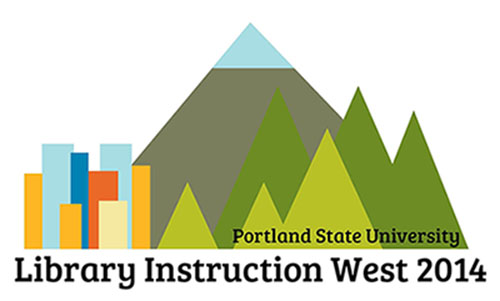Location
Portland State University, Portland, Oregon
Start Date
7-24-2014 3:15 PM
End Date
7-24-2014 3:45 PM
Subjects
Information literacy -- Study and teaching -- Congresses, Library instruction
Description
In the summer of 2013, the Claremont Colleges Library undertook a rubric-based assessment of Pitzer College First-Year Seminar papers to determine if librarian course interventions had an impact on information literacy (IL) performance in student writing. Findings indicate that progressive degrees of librarian collaboration in two distinct areas (research instruction and/or faculty syllabus consultation) had a marked and statistically significant impact on student IL skills. This presentation will discuss our findings and suggest strategies at the individual and program level that contribute to effective course collaboration frameworks in the first year and beyond. These include outcomes-focused teaching, ongoing professional development for faculty and librarians, and intentional communities of practice, all of which provide a bridge across diverse syllabi and subjects while preserving the individuality of librarian pedagogy.
Persistent Identifier
http://archives.pdx.edu/ds/psu/14474
Included in
More = Better: A Rubric-Based Evaluation of Librarian Course Collaborations at the First Year
Portland State University, Portland, Oregon
In the summer of 2013, the Claremont Colleges Library undertook a rubric-based assessment of Pitzer College First-Year Seminar papers to determine if librarian course interventions had an impact on information literacy (IL) performance in student writing. Findings indicate that progressive degrees of librarian collaboration in two distinct areas (research instruction and/or faculty syllabus consultation) had a marked and statistically significant impact on student IL skills. This presentation will discuss our findings and suggest strategies at the individual and program level that contribute to effective course collaboration frameworks in the first year and beyond. These include outcomes-focused teaching, ongoing professional development for faculty and librarians, and intentional communities of practice, all of which provide a bridge across diverse syllabi and subjects while preserving the individuality of librarian pedagogy.


